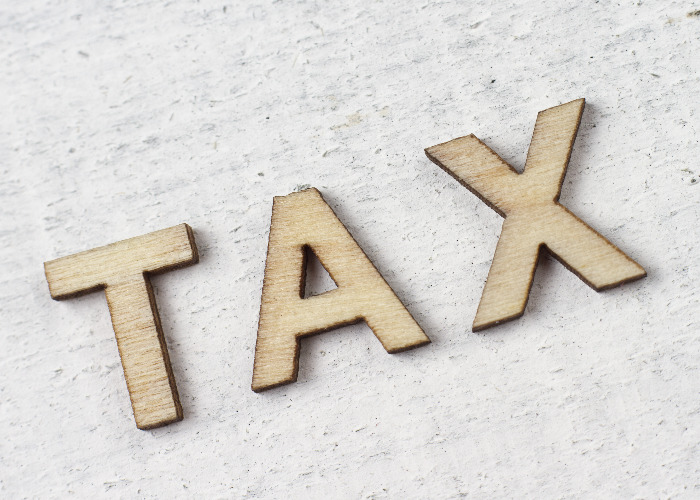Earn thousands tax-free each year: Dividend Allowance, Sharing Economy, Rent a Room and more

If you make the most of all the tax-free allowances available on income and profits you could earn as much as £38,000 tax-free in the 2017/18 tax year. Here’s how.
This article is now out of date. Click here for our complete guide to tax saving – including Income Tax, Council Tax, Inheritance Tax and more – updated for the latest financial year.
Handing over at least a third of your income to the taxman each year can seem shocking, especially when the news is full of stories of tax-dodging big name companies and celebrities.
However, there are numerous legal ways you can reduce your tax bill. In fact, if you use all the tax-free allowances available for different types of income and profit you could make over £38,000 in 2017/18 without having to hand a penny over to the taxman.
Here’s how.
Personal Allowance
First up you have your Personal Allowance.
This is the amount of money everyone who has an income of less than £100,000 can earn before they have to start paying Income Tax.
For the 2017/18, the Personal Allowance will be £11,500.
Capital Gains Allowance
This is the next biggest tax-free allowance and applies to money you make on assets.
In the 2017/18 tax year you can make up to £11,300 in capital gains before tax is due.
This usually means growth from shares and investments but it also covers property (except your primary residence which is exempt from capital gains tax), art and most other assets you sell for a gain.
Dividend Allowance
Investors can also receive up to £5,000 in dividends in the 2017/18 tax year before Dividend Tax is due.
This allowance is being slashed to £2,000 in the 2018/19 tax year, so make the most of it now!
Rent a Room relief
If you rent out a room in your home, whether it’s on a long-term basis or short-term via a website such as Airbnb, you can earn up to £7,500 in the tax year before you have to start paying income tax.
So, you could charge up to £625 a month in rental income before tax is due – but only if you live in the property too.
The Government has announced a consultation on allowing short-term lettings such as Airbnb to count for this relief, which could mean the end of this perk in the future unless you are taking in lodgers on a long-term basis. So, enjoy it while it lasts.
Sharing Economy – goods and services income allowance
A new allowance coming in this tax year covers money you make from trading on websites such as eBay or selling items you’ve made.
You can now earn up to £1,000 a year tax-free before you need to declare the income and pay Income Tax on it.
Sharing Economy – property rental income allowance
You can also now earn up to £1,000 tax-free from your property for things like renting out a driveway.
If you can’t claim rent-a-room relief then you can earn up to £1,000 a year in rental income before tax is due.
Personal Savings Allowance
Finally, you can earn up to £1,000 a year in interest on your savings before you must pay Income Tax if you’re a basic rate taxpayer.
If you pay the higher rate your savings allowance falls to £500 and additional rate taxpayers get no allowance at all.
Given interest rates are sitting around 1% at the moment that means a basic rate taxpayer can have up to around £100,000 sitting in savings accounts before they have to worry about handing any of the interest over to the taxman.
How much can I make tax-free?
Here’s a roundup of all the allowances you could use to beat the taxman in 2017/18.
|
Tax-free allowance |
Limit |
|
Personal Allowance |
£11,500 |
|
Capital Gains Allowance |
£11,300 |
|
Dividend Allowance |
£5,000 |
|
Rent a Room relief |
£7,500 |
|
Sharing Economy – goods and services income allowance |
£1,000 |
|
Sharing Economy – property rental income allowance |
£1,000 |
|
Personal Savings Allowance |
£1,000 |
|
Total |
£38,300 |
Be better off with loveMONEY:
UK tax and benefit changes 2017/18: Bereavement Benefit, Tax Credits, Lifetime ISA and more
NatWest Reward changes: can it still beat the Santander 123 Current Account?
Comments
Be the first to comment
Do you want to comment on this article? You need to be signed in for this feature